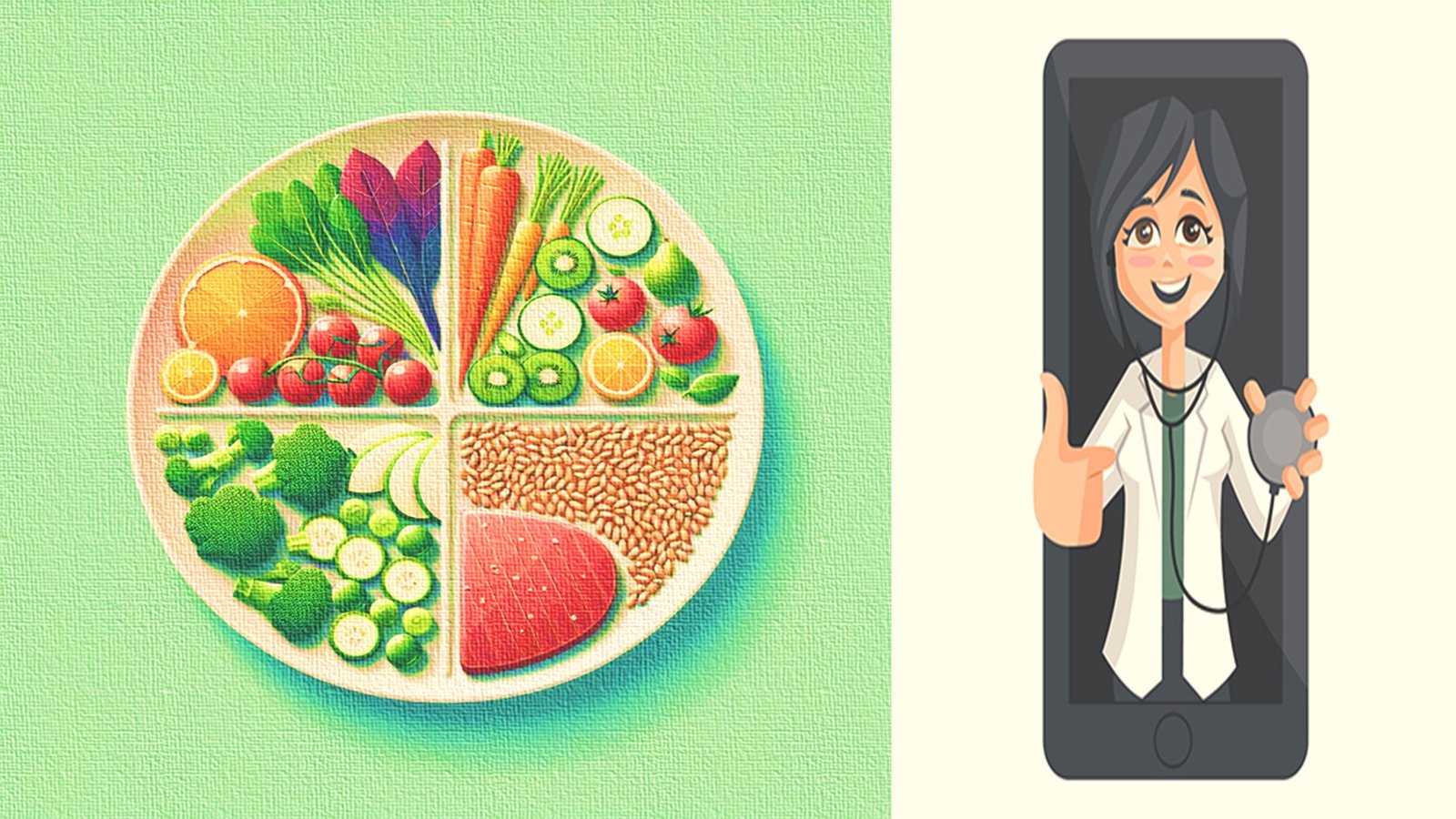Introduction
Happiness is not just an emotion; it’s a lifestyle that can dramatically improve your physical and mental health. Many studies show that happiness is linked to longevity, better immune function, and a youthful appearance. In today’s stressful world, understanding how happiness can contribute to a healthier, younger you is vital.
In this comprehensive guide, we’ll explore what happiness truly is, how it impacts your health and aging process, and practical ways you can cultivate happiness to feel more energetic and youthful.
What Is Happiness?
Happiness is often defined as a state of well-being that encompasses living a good life filled with a sense of meaning, joy, and contentment. But there’s more to it than just feeling good in the moment. True happiness is linked to emotional, mental, and physical well-being, creating a positive feedback loop that can affect everything from your relationships to your physical health.
Happiness isn’t just a fleeting emotion; it’s a consistent sense of inner peace and fulfillment that allows you to handle life’s ups and downs with grace.
Why Does Happiness Make You Healthier and Younger?

1. Reduces Stress and Promotes Longevity
Stress is one of the major contributors to early aging and chronic health problems. When you are stressed, your body produces cortisol, a hormone that accelerates the aging process by breaking down skin collagen and weakening the immune system. By contrast, happiness reduces cortisol levels and triggers the release of endorphins, which act as natural stress relievers. This can lead to lower blood pressure, improved heart health, and a longer life expectancy.
2. Improves Immune Function
Happy individuals have been found to have stronger immune systems. Positive emotions boost the production of antibodies and white blood cells, which are essential for fighting off infections and diseases. This makes you less prone to illnesses, helping you stay healthier for longer.
3. Boosts Skin Health and Youthful Appearance
Happiness can literally make your skin glow. Positive emotions stimulate better blood circulation, which nourishes skin cells and promotes a clear, radiant complexion. Moreover, reduced stress leads to fewer skin breakouts and wrinkles, helping you maintain a youthful appearance.
4. Enhances Sleep Quality
Sleep is essential for maintaining both your physical and mental well-being. Happiness has been linked to better sleep quality because positive emotions calm the mind and reduce anxiety. This leads to deeper, more restful sleep, which in turn, allows your body to repair and regenerate cells more effectively. Better sleep also means fewer dark circles, clearer skin, and more energy.
How does it Makes You Feel Younger Mentally
1. Boosts Cognitive Function
Happiness improves brain function by boosting the production of dopamine and serotonin—two chemicals responsible for regulating mood, focus, and memory. Happy individuals are often more creative, productive, and mentally sharp. A positive mindset can also lead to greater cognitive flexibility, which allows you to think more clearly and solve problems more effectively.
2. Reduces the Risk of Mental Decline
As we age, the risk of cognitive decline, including conditions like dementia and Alzheimer’s, increases. However, happiness can help protect the brain from age-related mental decline. Positive emotions foster neural growth, which strengthens cognitive reserves and maintains memory and focus as you age.
3. Encourages Positive Thinking and Resilience
Happy people tend to be more resilient and better equipped to handle life’s challenges. A positive outlook strengthens your ability to bounce back from setbacks, making you more mentally and emotionally agile. This mental resilience not only enhances your thinking but also supports overall longevity.
Practical Tips to Cultivate Happiness
1. Practice Gratitude Daily
Gratitude is a powerful tool for boosting happiness. When you focus on what you’re thankful for, you shift your mindset from negativity to positivity. This not only improves your mood but also enhances your physical health by lowering stress levels. Try keeping a gratitude journal where you write down three things you’re grateful for each day.
2. Engage in Regular Physical Activity
Exercise is one of the best ways to increase happiness. Physical activity releases endorphins, which are the brain’s natural mood enhancers. Regular exercise also improves cardiovascular health, strengthens muscles, and promotes a more youthful appearance. Aim for at least 30 minutes of exercise daily, whether it’s walking, yoga, or any other form of physical activity you enjoy.
3. Foster Strong Social Connections
Human beings are inherently social, and meaningful relationships are a key driver of happiness. Research has shown that people with strong social connections tend to live longer, healthier lives. Make time for family and friends, nurture your relationships, and engage in social activities that bring you joy.
4. Practice Mindfulness and Meditation
Mindfulness and meditation allow you to stay present and fully engage with the current moment, reducing stress and anxiety. These practices promote emotional balance and increase happiness by helping you focus on the positives in life. Start with just a few minutes of meditation each day, focusing on your breathing and letting go of any negative thoughts.
5. Set Realistic Goals and Pursue Them
Setting and achieving goals can boost your self-esteem and sense of accomplishment, leading to greater happiness. Start by setting small, attainable goals, and gradually work your way up to bigger ones. Achieving these goals will give you a sense of purpose and fulfillment, which contributes to overall well-being.
The Science of Happiness: How It Works on Your Body
1. Endorphins: The Body’s Natural Mood Enhancers
When you feel happy, your brain releases endorphins, dopamine, and serotonin—often referred to as the “happiness hormones.” These chemicals are responsible for making you feel good, lowering stress, and improving overall mood. Endorphins also act as natural painkillers and can promote a sense of calm and relaxation.
2. Reduced Inflammation and Improved Heart Health
Happiness has a profound impact on heart health. When you’re happy, inflammation in the body decreases, and your cardiovascular system functions more efficiently. Studies have shown that happy individuals have lower rates of heart disease, lower blood pressure, and reduced risk of strokes.
3. Happiness and Longevity
One of the most fascinating discoveries in positive psychology is the link between happiness and longevity. Happy people tend to live longer because they take better care of their health, have stronger immune systems, and experience less stress. By embracing happiness, you’re not just improving your day-to-day mood but also enhancing your overall life expectancy.
Conclusion
Happiness is one of the most powerful tools for improving both your mental and physical health. By reducing stress, boosting your immune system, improving sleep, and enhancing cognitive function, happiness can make you feel younger, more vibrant, and full of energy.
To embrace happiness for a healthier, younger you, start by practicing gratitude, staying active, building strong social connections, and incorporating mindfulness into your daily routine. Remember, happiness isn’t just a destination—it’s a way of living that can transform your health, appearance, and longevity.




